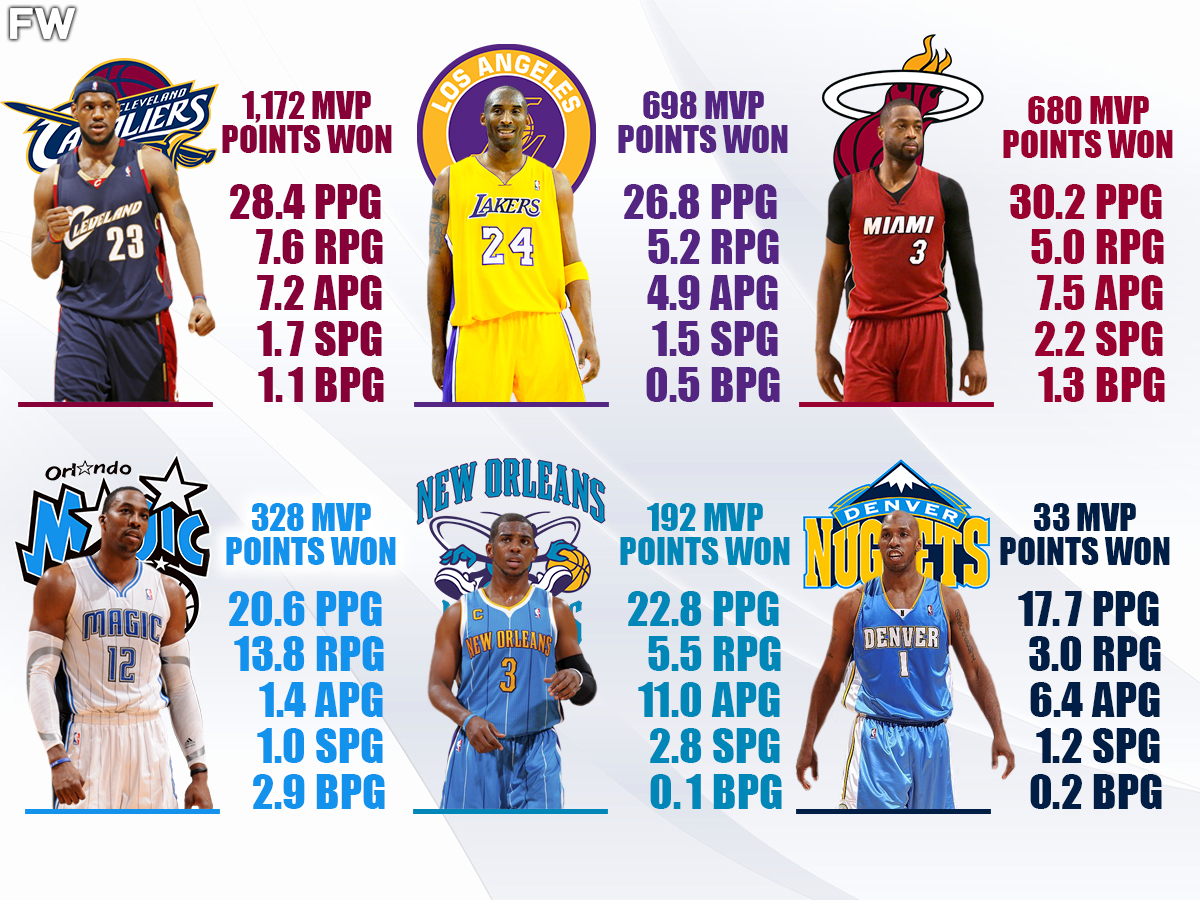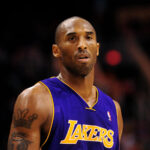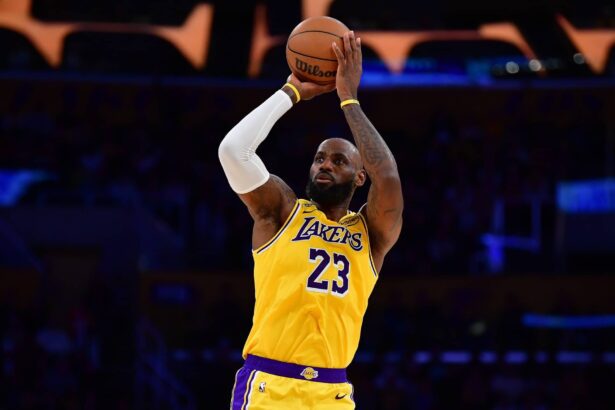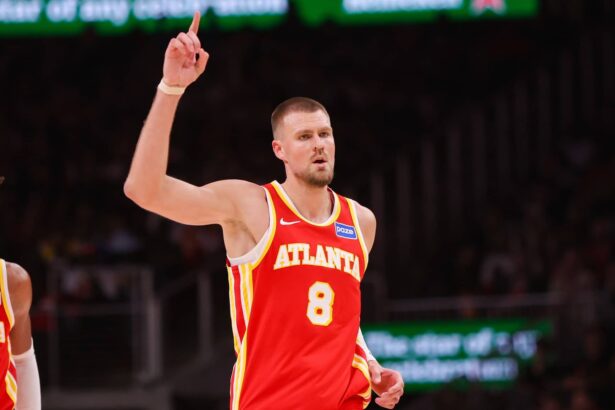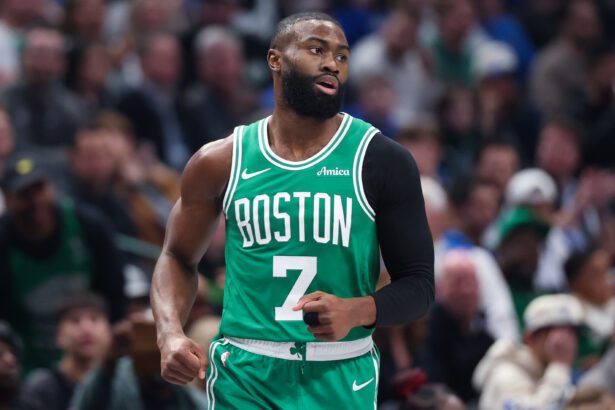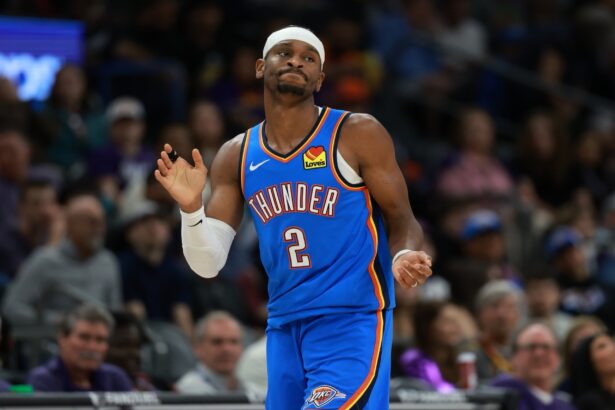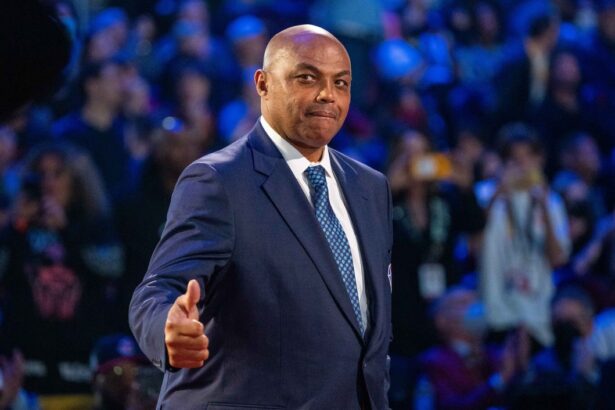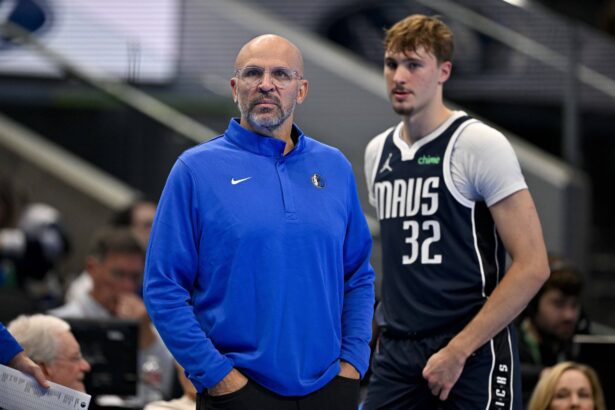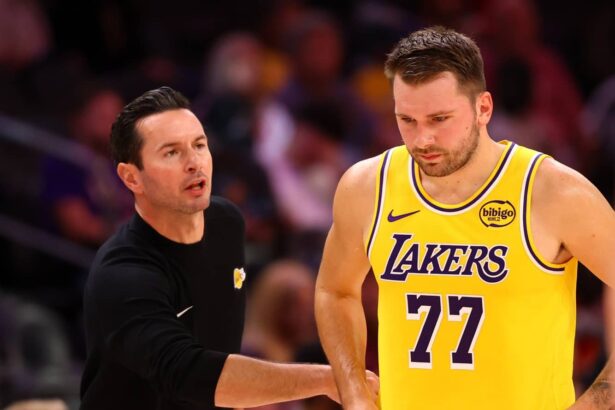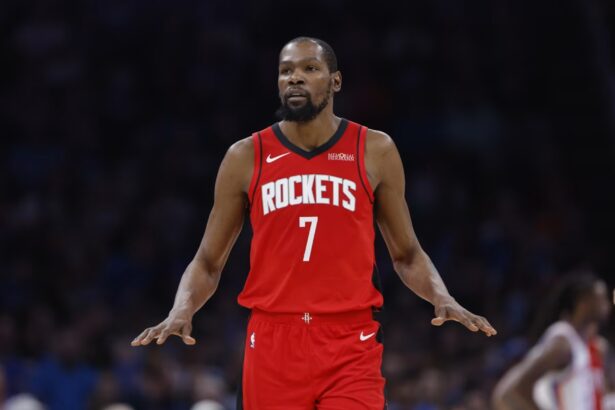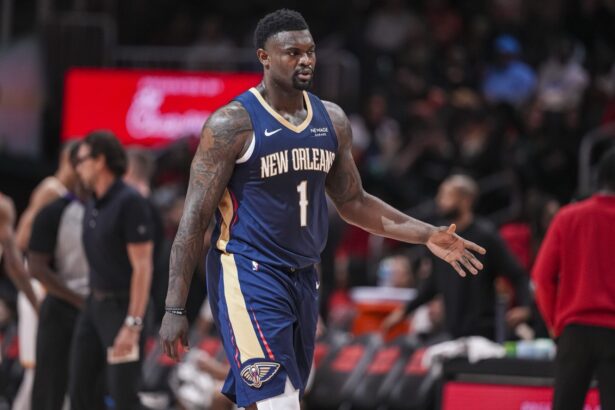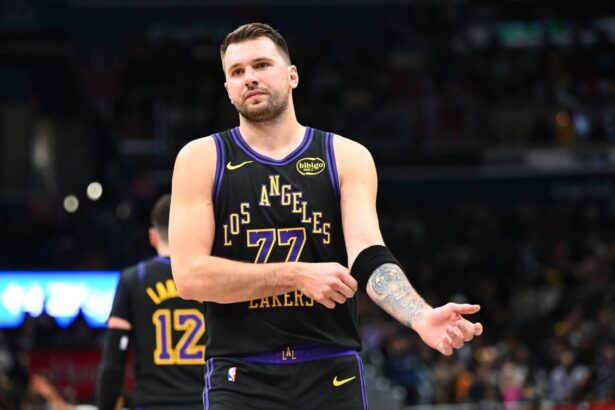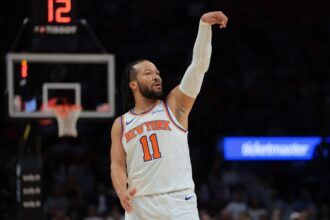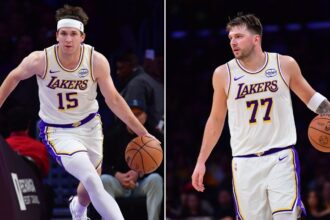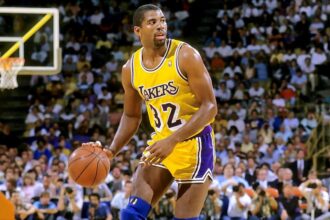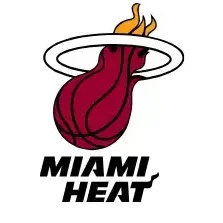The MVP award is the most coveted regular-season award in the NBA. It showcases which player was the most valuable for their team, based on statistics and also the season’s narrative involving the player. Each year an MVP award is crowned to the league’s best and most impactful player, and the race for the prize is often tight from the start of a season until the very end. Throughout history, we have seen countless close MVP races that often landed with the correct winner lifting the trophy and adding it to his trophy cabinet.
Looking back over the past two decades, the MVP award races have been historic and certainly memorable. One that particularly sticks out is the MVP race during the 2008-09 season that saw The King, LeBron James, capture his very first MVP award as he beat out two other elite players who were also in the race for being known as the best player in the world. Here is the MVP race during the 2008-09 season, with the leading vote-getter capturing the individual award.
10. Dirk Nowitzki – 2 MVP Points
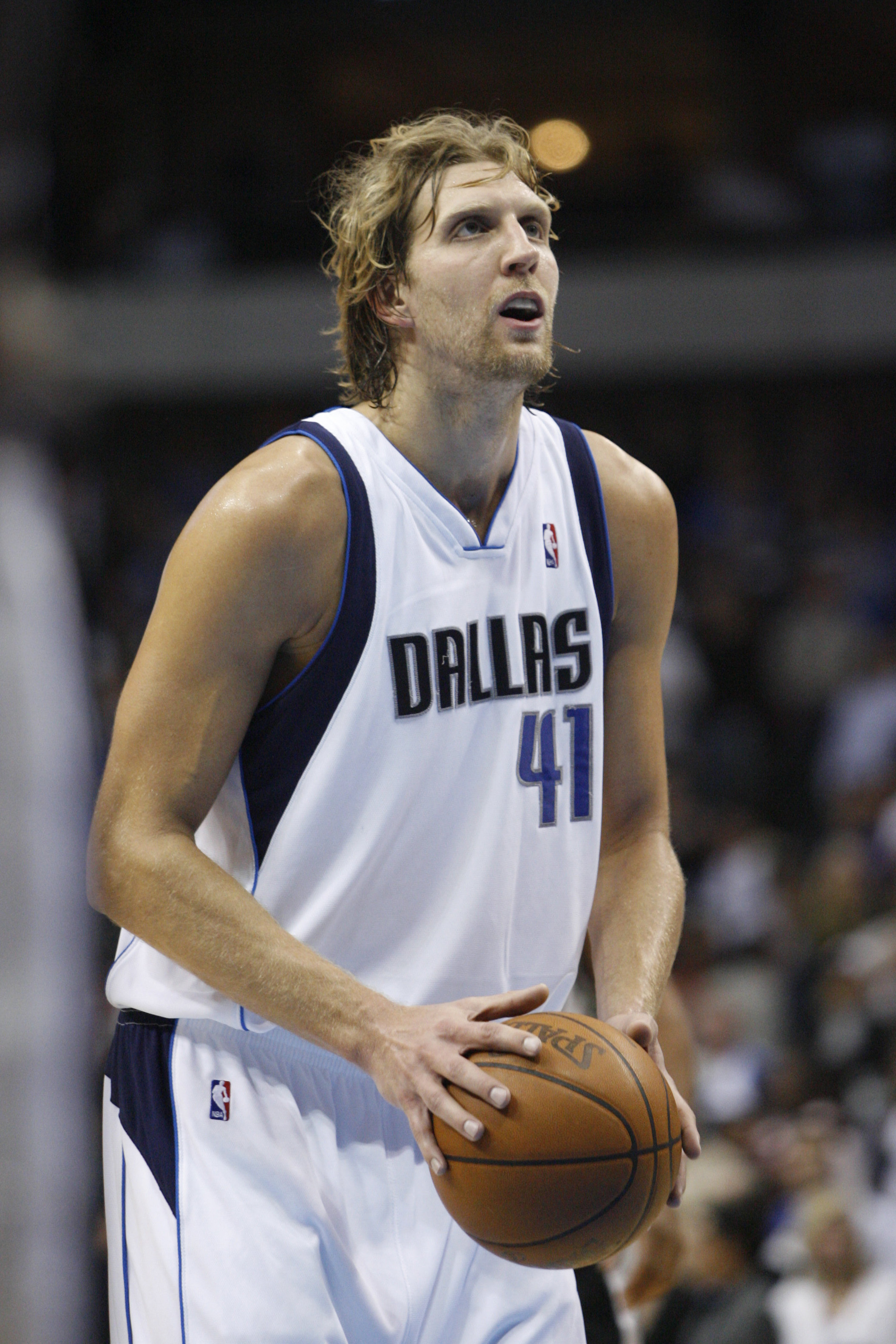
Stats: 25.9 PPG, 8.4 RPG, 2.4 APG, 0.8 SPG, 0.8 BPG
At 30 years old, Dirk Nowitzki was his usual dominant self on the offensive end. The talented German superstar averaged 25.9 PPG on 47.9% shooting from the field, 35.9% from three, and 89.0% from the stripe. As the go-to scorer for a team that did not have another superstar, Dirk often answered the bell, and the team benefitted from that by winning an impressive 50 wins out of 82 games.
Amazingly, that was only good for 6th in a stacked Western Conference that featured the Los Angeles Lakers, San Antonio Spurs, and Denver Nuggets. Finishing 6th also ultimately prevented Dirk from having a legitimate MVP chance when compared to the top 3 stars in the 2009 race. But Nowitzki already earned his MVP award in 2007 and he would not win another one again.
9. Brandon Roy – 7 MVP Points
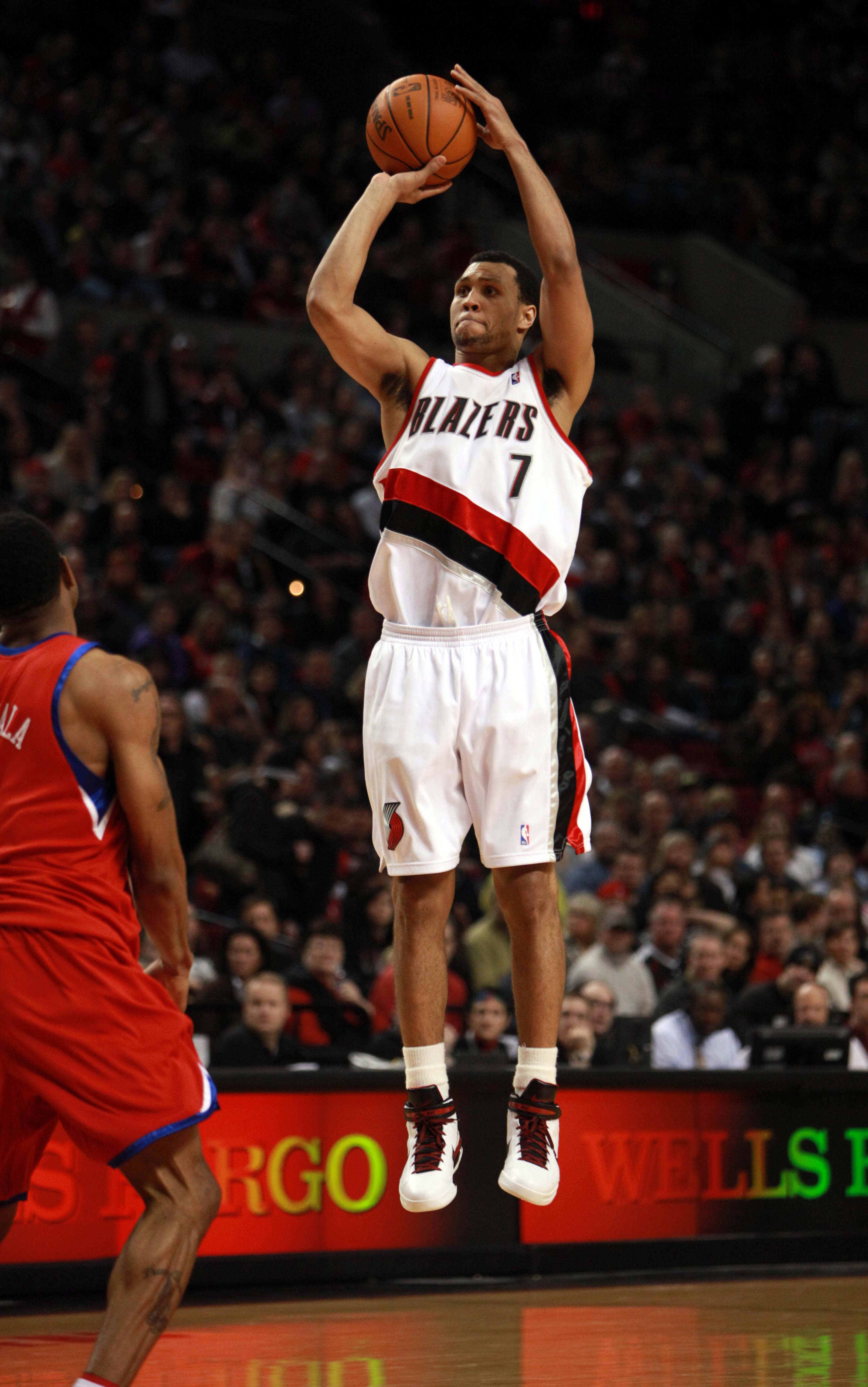
Stats: 22.6 PPG, 4.7 RPG, 5.1 APG, 1.1 SPG, 0.3 BPG
Brandon Roy blossomed into a star in 2009, as he led the Portland Trail Blazers to a spectacular 3rd place finish in a talented Western Conference. A go-to scorer with terrific all-around ability including playmaking and also clutch shot-making, Roy was the face of the franchise and a player who many thought would challenge Kobe Bryant and Dwyane Wade for the title as the best shooting guard in the world.
Of course, Roy never got there due to injury and his career would take a massive spin following the 2010 season. But a year prior, in 2009, Roy took his offensive numbers up across the board, including his scoring (19.1 PPG to 22.6 PPG) and efficiency (45.4% FG to 48.0% FG). No doubt, the 2009 season is when Roy arrived as a top player in his position and the Trail Blazers began winning games because of it. But again, finishing 3rd in a stacked conference ultimately prevented him from earning enough MVP votes to crack the top 5.
8. Tony Parker – 9 MVP Points
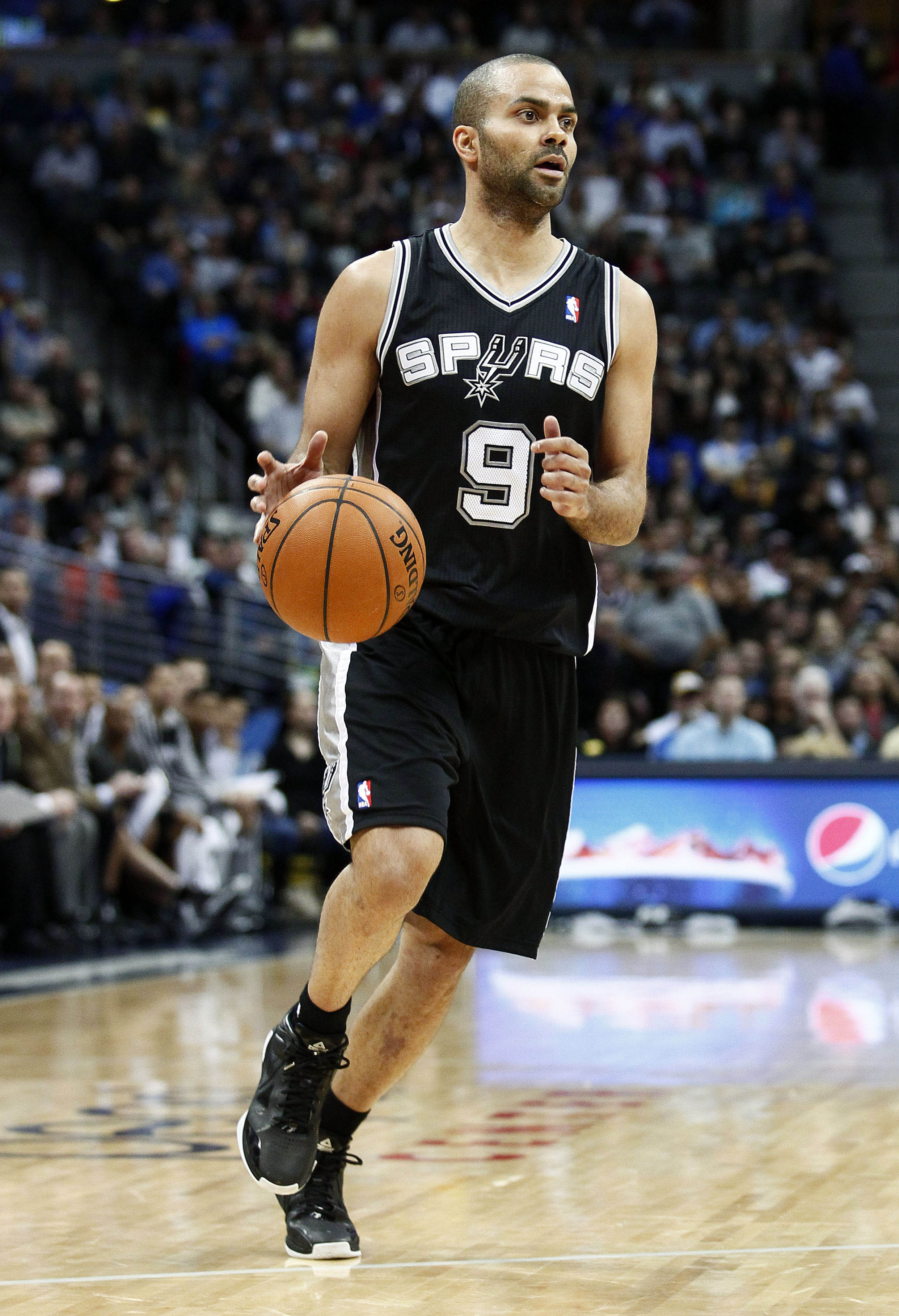
Stats: 22.0 PPG, 3.1 RPG, 6.9 APG, 0.9 SPG, 0.1 BPG
As the best player on the San Antonio Spurs in 2009, Tony Parker was the only player on his team to challenge for the MVP award. The quick and talented point guard averaged his career-high in 2009, posting 22.0 PPG on 50.6% shooting. No doubt, the Frenchman was at his very best and the Spurs benefited because they finished 4th in the West.
Even when playing alongside other stars such as Tim Duncan and Manu Ginobili, Parker’s ability to slice to the rim and score was unprecedented because only Dwyane Wade and LeBron James did it better. Standing only 6’2” and weighing 185 lbs, Parker was not the biggest star to challenge for the MVP award, but his impact was certainly great. But the West was too stacked, and Parker still could not earn enough MVP votes.
7. Paul Pierce – 21 MVP Points
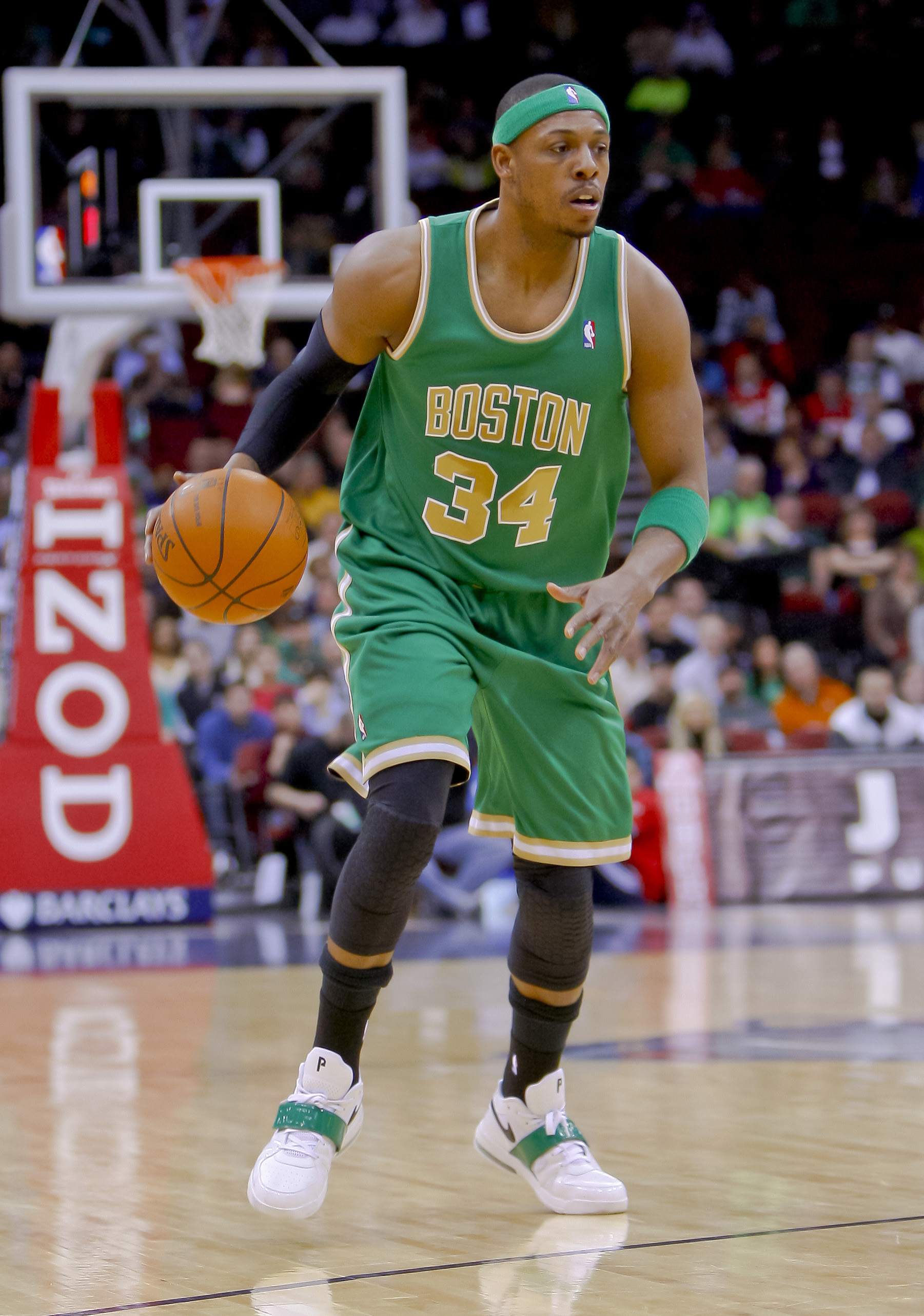
Stats: 20.5 PPG, 5.6 RPG, 3.6 APG, 1.0 SPG, 0.3 BPG
Finishing second in the Eastern conference, the Boston Celtics were always going to have one of their Big Three challenge for the MVP award. Following up a championship season, Boston was looking to win their second title and won 62 games because of Paul Pierce’s scoring, Kevin Garnett’s defense, Ray Allen’s shooting, and Rajon Rondo’s playmaking. But Pierce was the leader and the best offensive threat, meaning he was the best player.
Known as “The Truth”, Pierce was a consistent scorer as he averaged his highest PPG average since 2007. The small forward was scoring well from the perimeter, averaging 45.7% from the field, 39.1% from three, and 83.0% from the free-throw line. In many ways, Pierce was hard to stop alongside his talented teammates and that is why he earned 21 MVP points, which clearly wasn’t enough for the player to win it.
6. Chauncey Billups – 33 MVP Points
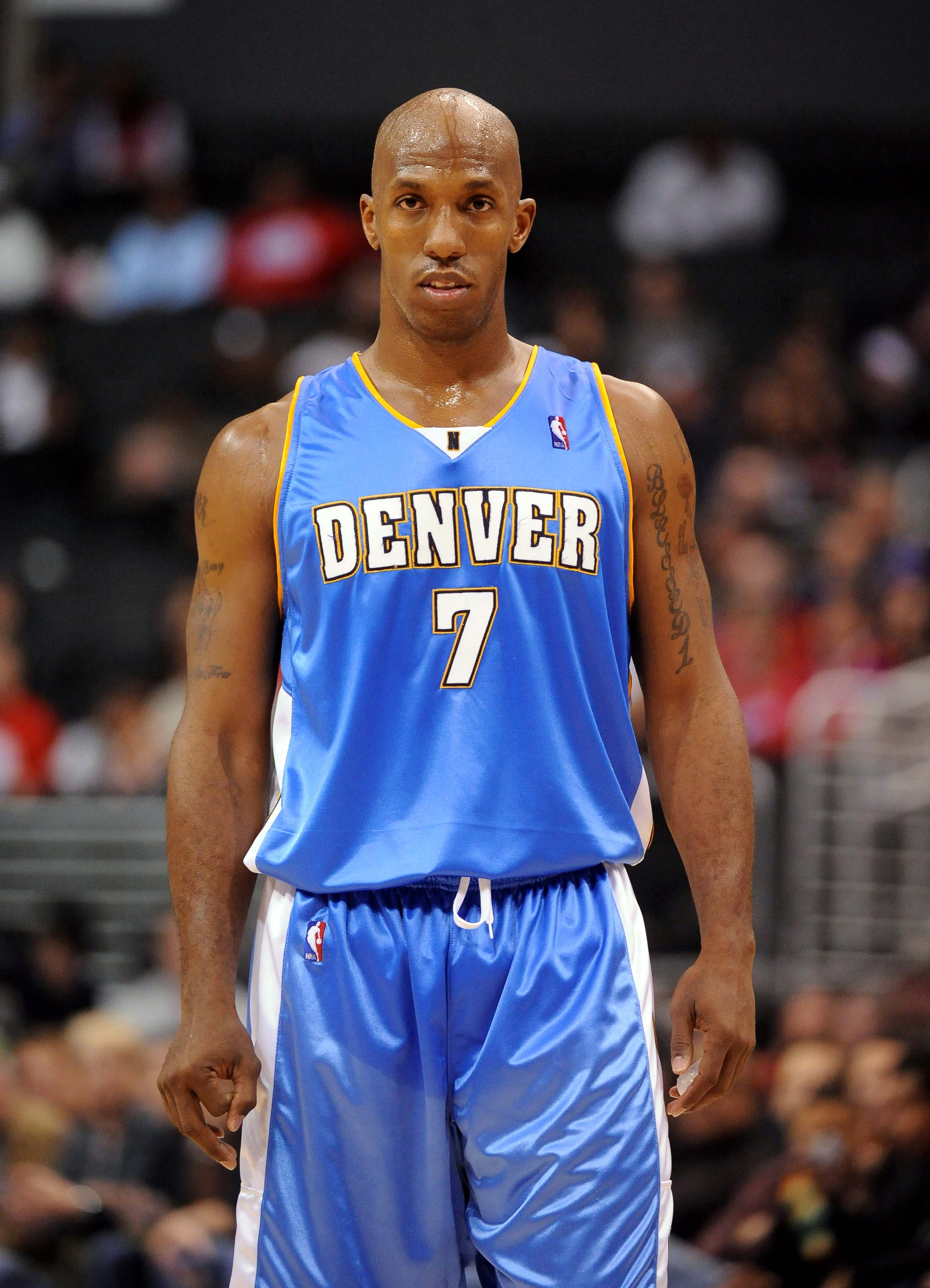
Stats: 17.7 PPG, 3.0 RPG, 6.4 APG, 1.2 SPG, 0.2 BPG
It is amazing the impact that 2004 Finals MVP Chauncey Billups had on the Denver Nuggets. Getting traded to the Nuggets during the year, Billups immediately made Denver a title contender because his scoring and leadership abilities were undeniably great. Billups also helped Carmelo Anthony tune his scoring for the sake of the team because the point guard did other things at a superstar level, including playing defense, shooting the ball, and creating shots for others. In 77 games with Denver, Billups’ numbers were solid across the board.
The point guard averaged 17.9 PPG and 6.4 APG while shooting 41.0% from three and 91.3% from the stripe. Billups was exceptional from beyond the arc, and using his 6’3”, 202 lb frame, he was great at drawing contact and it almost always resulted in two easy points. Denver used Billups to finish 2nd in the Western Conference behind the Los Angeles Lakers, an amazing achievement.
5. Chris Paul – 192 MVP Points
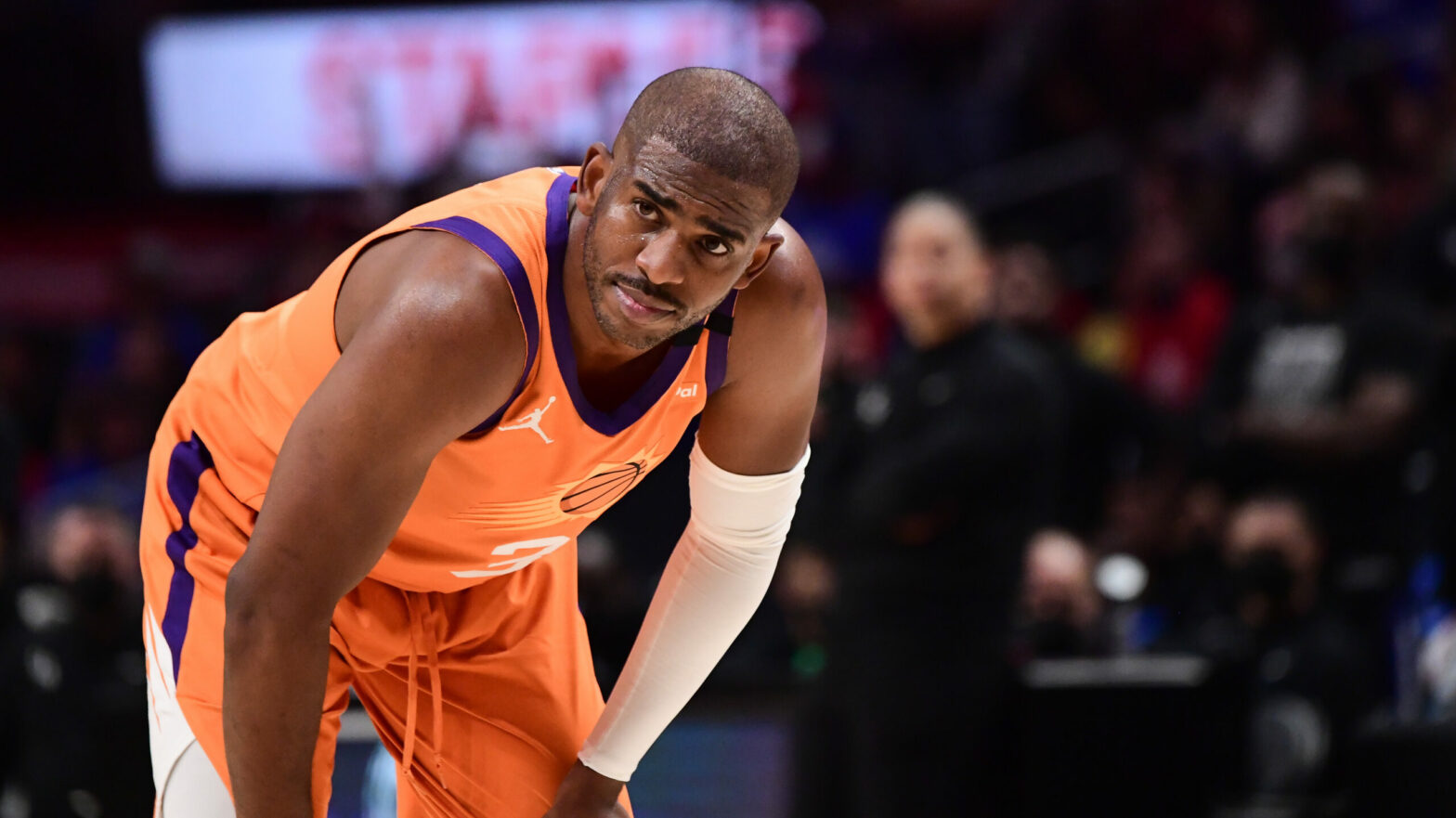
Stats: 22.8 PPG, 5.5 RPG, 11.0 APG, 2.8 SPG, 0.1 BPG
In only his 4th season, Chris Paul was steadily climbing to become arguably one of the top five most impactful players in the NBA. Known as the “Point God”, Paul led the NBA in assists and steals while also scoring the ball at a high level. Despite carrying the load of being a leader, playmaker, and defender, he averaged 22.8 PPG on 50.3% from the field, 36.4% from three, and 86.8% from the free-throw line.
Paul’s Hornets finished with the 7th seed in the West, and that clearly hurt the point guard’s MVP chances. The team had no other superstar, and other than the presence of scoring forward David West (21.0 PPG), New Orleans was not supposed to be a threat to win a title. But CP3 somehow made them relevant in a talented conference and deserves a ton of credit for leading the squad to 49 wins. But he did not have the credibility of the other top-4 MVP candidates during 2009.
4. Dwight Howard – 328 MVP Points

Stats: 20.6 PPG, 13.8 RPG, 1.4 APG, 1.0 SPG, 2.9 BPG
Dwight Howard was an absolute force in the paint in 2009, as he won the Defensive Player of the Year and also finished 4th in the MVP race. The superstar center posted 20.6 PPG, 13.8 RPG, and 2.9 BPG while shooting 57.2% from the field. Unsurprisingly, Howard led the league in RPG and BPG as the undisputed best big man in the world.
The Orlando Magic were very good, but Howard made them great. The team finished with a solid 59-23 record in the East behind the Boston Celtics and Cleveland Cavaliers. Dwight was at his physical best, leaping for boards and also catching lobs or letting a hook shot loose. Sure, Howard did not have any go-to moves, but he could bang down low and required double teams, regardless. Not to mention, even if Dwight did not win the MVP award, he did lead the Magic to the NBA Finals.
3. Dwyane Wade – 680 MVP Points
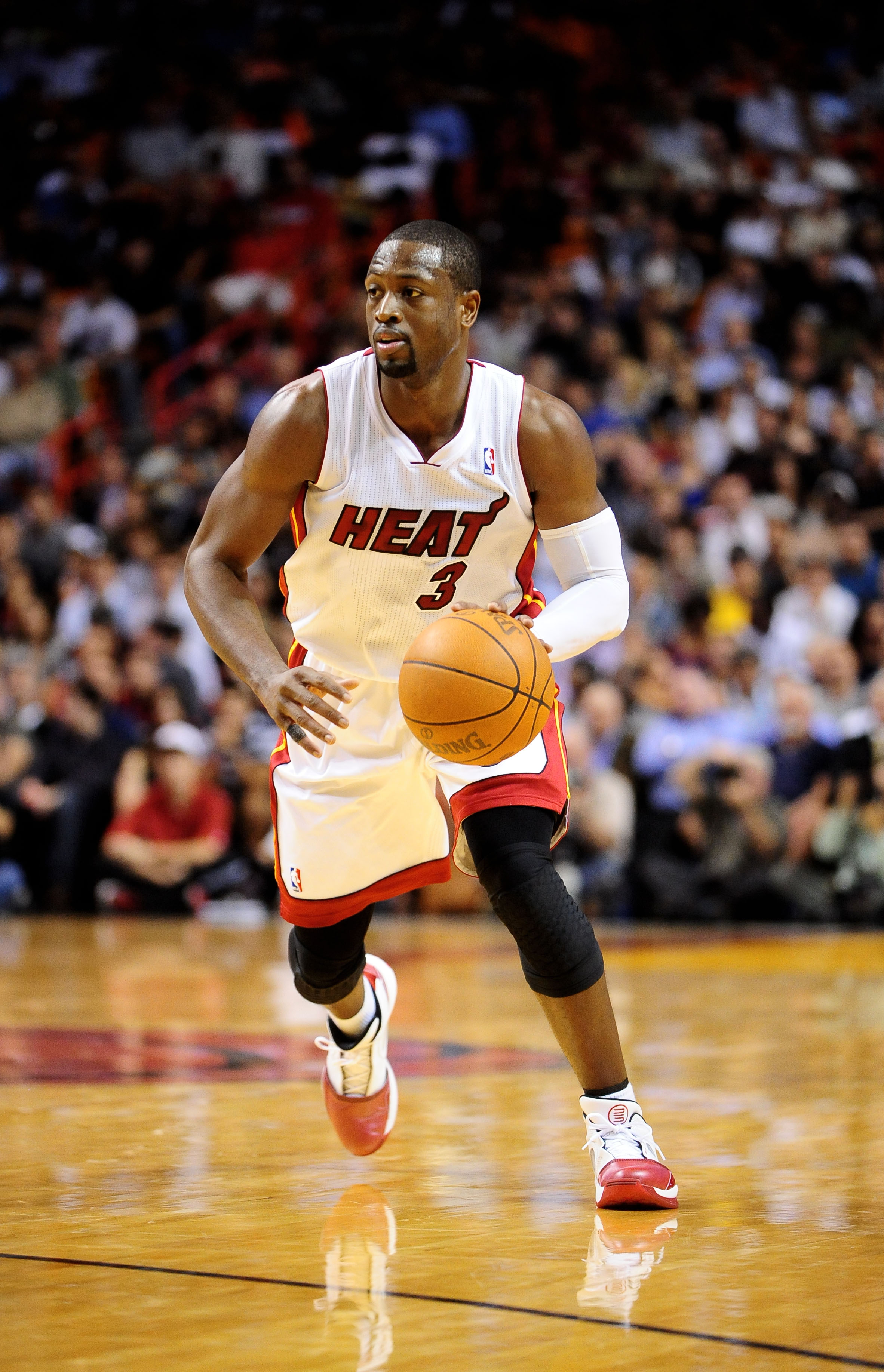
Stats: 30.2 PPG, 5.0 RPG, 7.5 APG, 2.2 SPG, 1.3 BPG
No doubt a top-3 player in the world in 2009, Dwyane Wade was at his best when it came to slashing to the basket, playing defense, blocking shots, and making clutch plays. Known as “Flash”, Wade averaged a league-high 30.2 PPG on 49.1% from the field and 76.5% from the stripe. Wade was not a natural shooter by any means, but he scored the ball consistently at the rim because of his tremendous speed and athleticism.
Wade also began building his claim as the best shot-blocking guard ever, averaging 1.3 BPG along with 2.2 SPG as well. The Miami Heat’s superstar was exceptional in every facet of the game, and he led the squad to a 43-39 record, which was good for 5th in the conference. Finishing 5th with only 43 wins might have been the biggest factor in Wade finishing 3rd because his scoring and leadership attributes were on display over the 79 games he played.
2. Kobe Bryant – 698 MVP Points
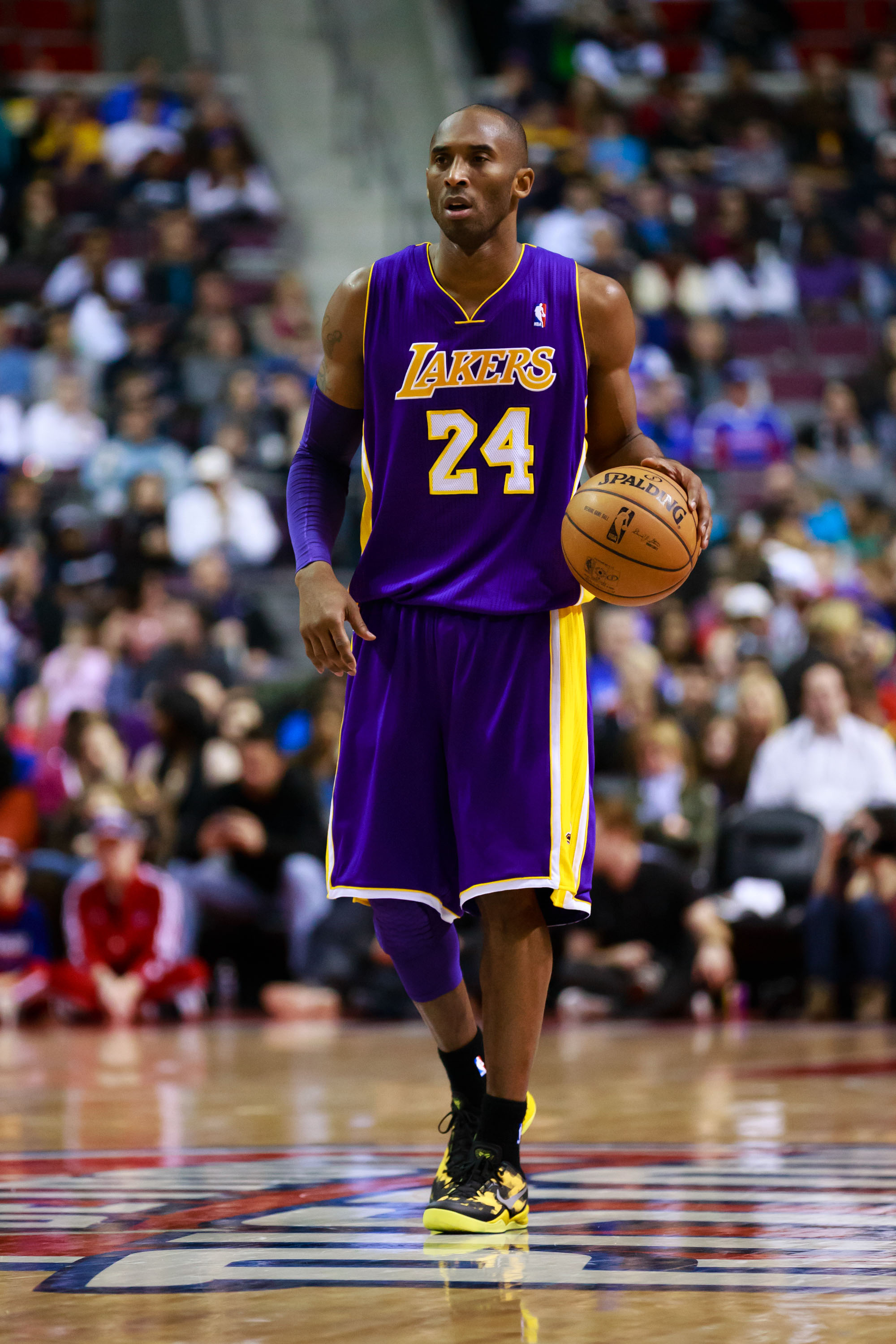
Stats: 26.8 PPG, 5.2 RPG, 4.9 APG, 1.5 SPG, 0.5 BPG
Kobe Bean Bryant laughed last at the end of the 2009 season, winning the championship at the expense of the Orlando Magic and also capturing his first Finals MVP award. The superstar shooting guard averaged 26.8 PPG, a very good but otherwise unspectacular number considering what Kobe had done in the past. No doubt, Bryant did not care too much about the regular-season MVP award as he was hell-bent on winning the title after losing in the 2008 Finals.
But the Los Angeles Lakers went as Kobe went in the regular season, finishing with a 65-17 record. That was an amazing achievement for the team because Kobe managed to improve the impact of his teammates, Pau Gasol and Andrew Bynum, which ultimately helped the team in the long run. As the go-to scorer of the team and the clutch master, Bryant edged out the NBA’s leading scorer Dwyane Wade to finish second in the MVP race. If it wasn’t for LeBron James, Kobe would have won the MVP award for the second straight year.
1. LeBron James – 1,172 MVP Points
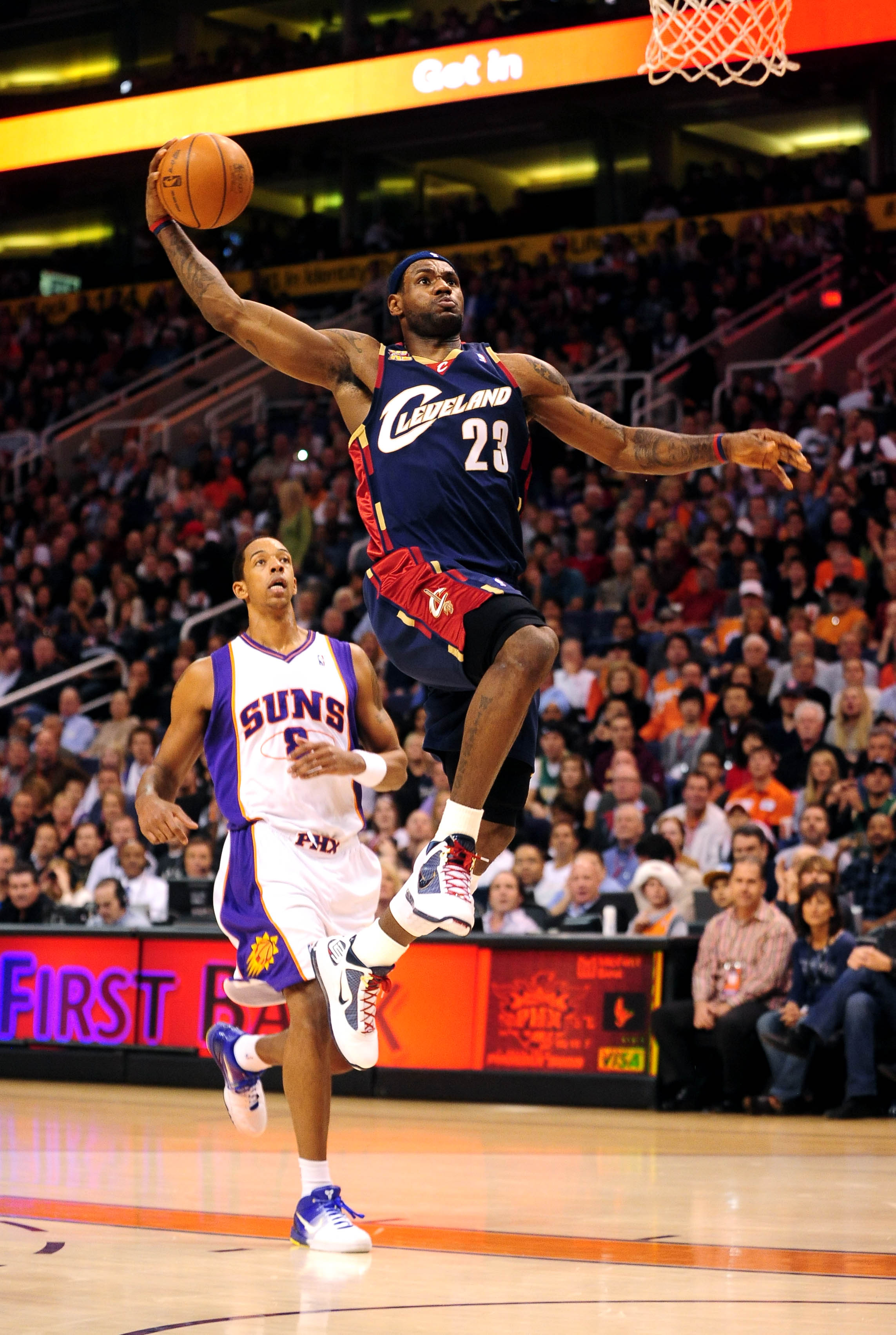
Stats: 28.4 PPG, 7.6 RPG, 7.2 APG, 1.7 SPG, 1.1 BPG
LeBron James completely took away everyone’s votes for the 2009 MVP award. The King was a statistical darling (he still is) because his play on both ends of the floor was tremendous. At the age of 24, James was faster, stronger, and more explosive than anyone in the league. He used his gifts to dominate the scoring, playmaking, and defending aspects of the game. Leading the Cavaliers to the best record in the East and in the NBA overall, James was always going to finish in the top 2 of the MVP race.
The King somehow made Cleveland a title contender even if the team only had Mo Williams (17.8 PPG) and Zydrunas Ilgauskas (12.9 PPG) average above 12 PPG. James helped Williams make his first and only All-Star Team because the point guard shot a tremendous 43.6% from deep as he was often the recipient of James’ passes. Cleveland was a force all season long and anytime a team came up against them, a loss was almost guaranteed. At the heart of the Cavaliers was LeBron James, the most spectacular athlete in the game, and he managed to win his first MVP award as a result.
https://www.youtube.com/watch?v=vd4nr9TURt4

